Understanding Location-Based Personalization
Published on November 18, 2020/Last edited on November 18, 2020/3 min read
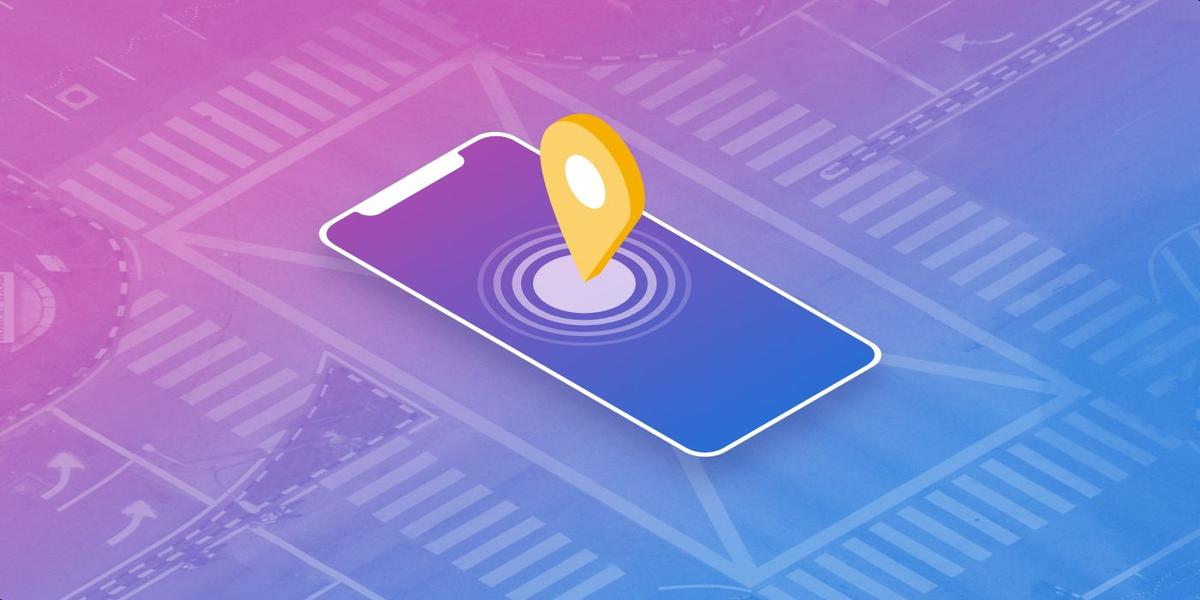

Mary Kearl
WriterAll politics are local, or so it's often said. The idea being we as humans care the most about what's happening right in our own backyards and our own neighborhoods.
Beyond politics, the same is often true of sports, events, news, food scenes, fashion trends, causes, and more. We take a hometown pride in and have an innate curiosity about what's going on around us. That's why brands across industries serving audiences across many regions, countries, or continents benefit from taking a hyperlocal approach, adopting location marketing tactics and using location-based personalization powered by geofencing and other technologies to truly localize their outreach.
How Location-Based Personalization Works and Use Cases from Burger King, Ibotta, and More
Geotargeting, geofencing, beacons, and data enrichment—these are the four top location-marketing technologies that power location-based campaigns. Here's a brief overview of each:
1. Geotargeting
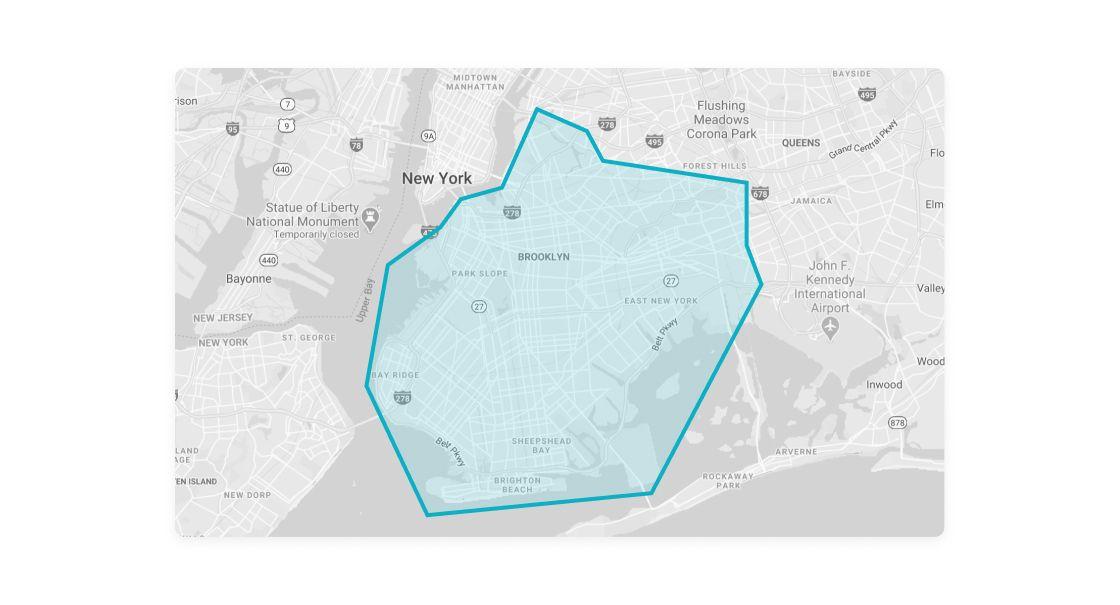
With geotargeting, marketers can define a targeted audience for a given campaign based on the users' last-known location.
2. Geofencing
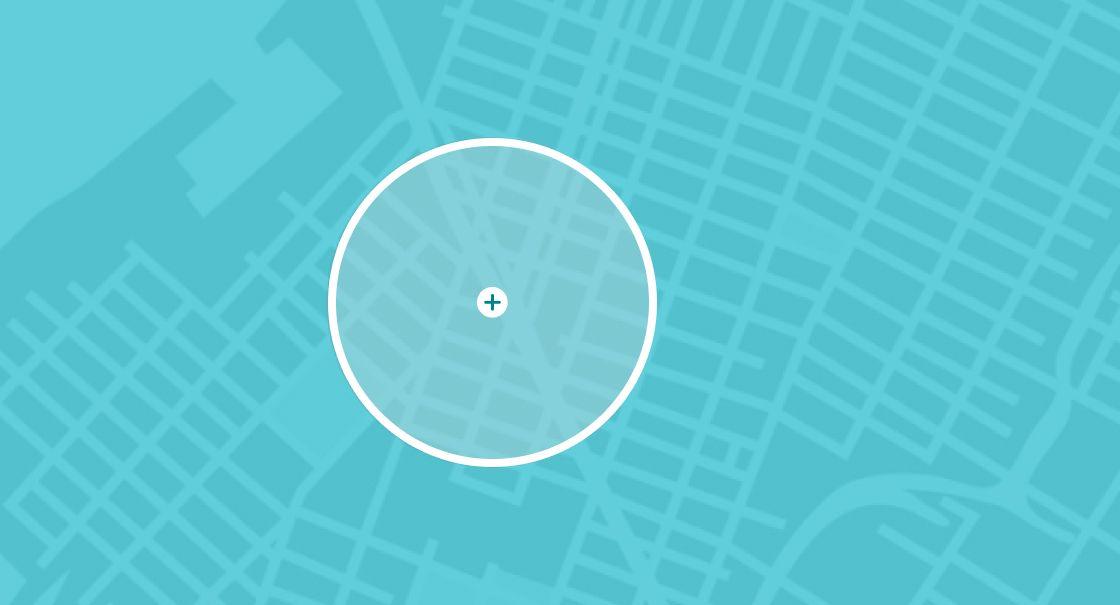
Geogence campaigns are triggered when a given user arrives in a pre-defined area, such as a given airport or within a set radius of a brick-and-mortar location.
In one example of a highly celebrated geofencing campaign, Braze customer Burger King launched a Whopper Detour promotion to lure customers away from with defined geofence areas around 14,000 competing McDonald's locations.
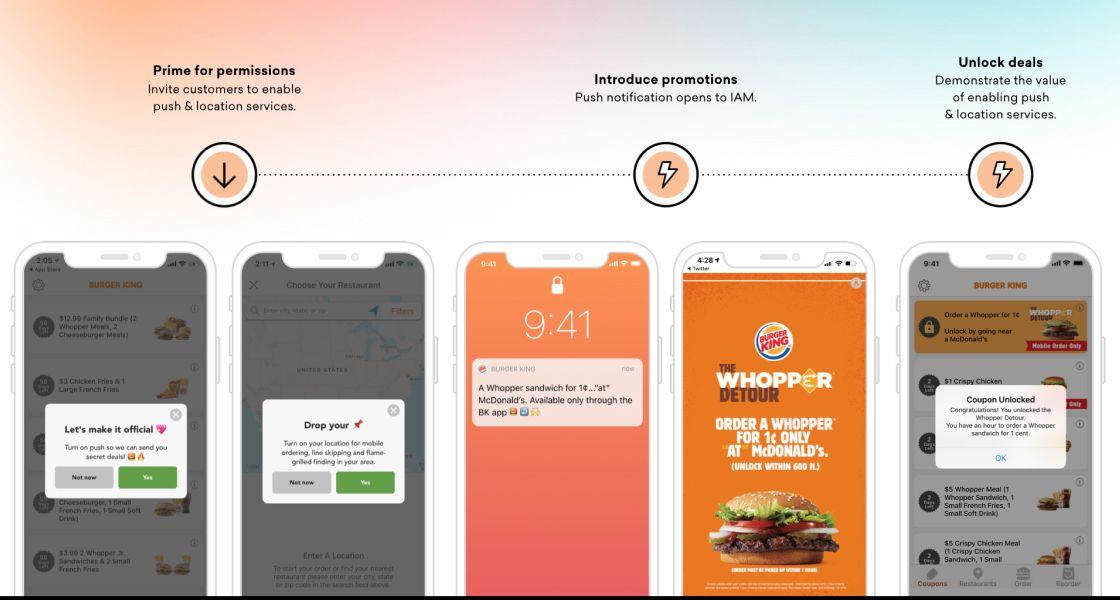
When people opened the Burger King app within 600 feet of one of these McDonald's they would have the option of scoring a one-cent Whopper. The idea was such a success, it won a Titanium Liion at the Cannes Lions Festival, boosted the company's app monthly users by more than 50%, generated more than 3.2 million app downloads, and more. (Read the full Burger King case study.)
3. Beacons
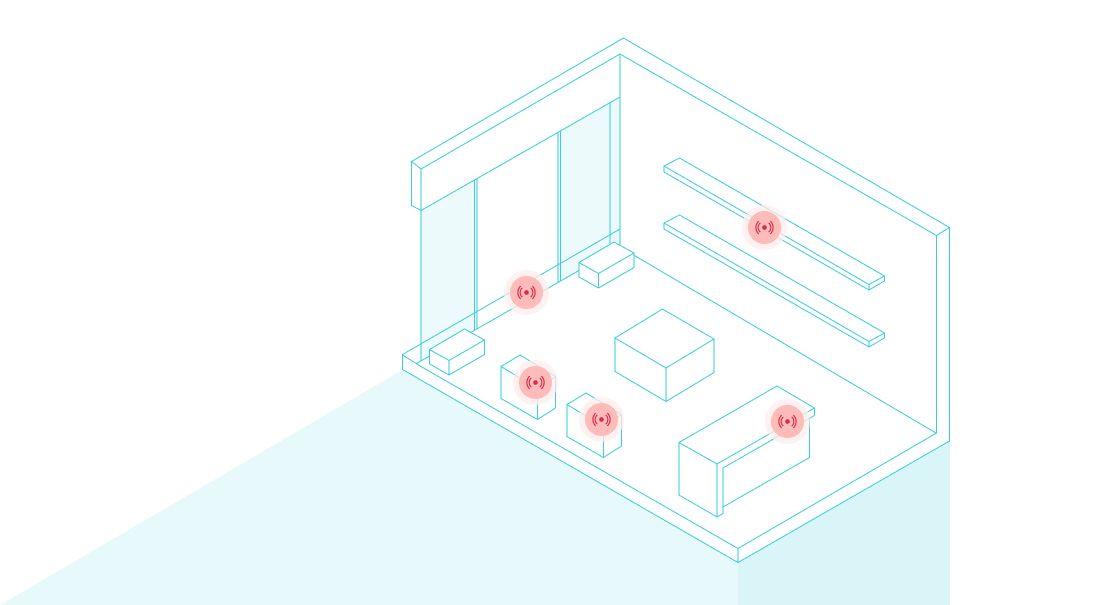
Similar to geofence campaigns, while operating within a smaller radius, with beacon-powered campaigns outreach is deployed when individuals get within reach (a short range) of a physical object placed in a set location, such as a storefront
4. Data enrichment or data augmentation
Data enrichment enables brands to infuse first-party data with additional information from third-party location services—such as weather data augmentation or platforms like Foursquare—to localize brand experiences and messaging campaigns.
Ibotta has partnered with Braze and Braze contextual location partner Radar to deploy personalized offers right at the point of purchase.
5. Language-based personalization
For international leading companies like Canva, the design platform that has millions of users all over the world, getting language-based personalization right is key to effectively executing on global and local marketing strategies. That's why Canva not only personalizes its outreach with content that's tailored to the individual's location, the company deploys its campaigns in 20 different languages. Since adopting this approach, the company has seen a 33% increase in open rates and 2.5% increase in platform engagement across its millions of users. (Read the full Canva case study.)
The Power Behind Personalization
Before brands are able to offer personalized experiences that resonate with customers, they need to develop a data collection strategy that includes securing permission to track individuals' locations. For more best practices on location-based and other types of personalization, check out our guide: "The Power Behind the Message: The Nuts and Bolts of Effective Personalization."
Related Tags
Releated Content
View the Blog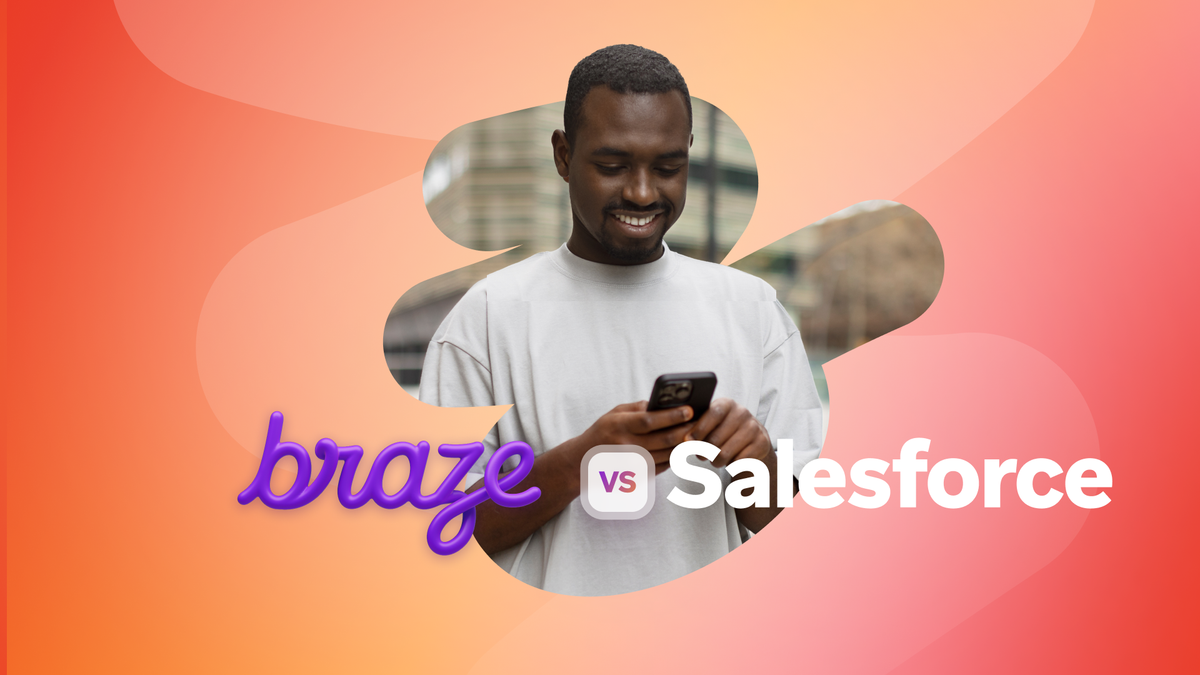
Braze vs Salesforce: Which customer engagement platform is right for your business?

Team Braze
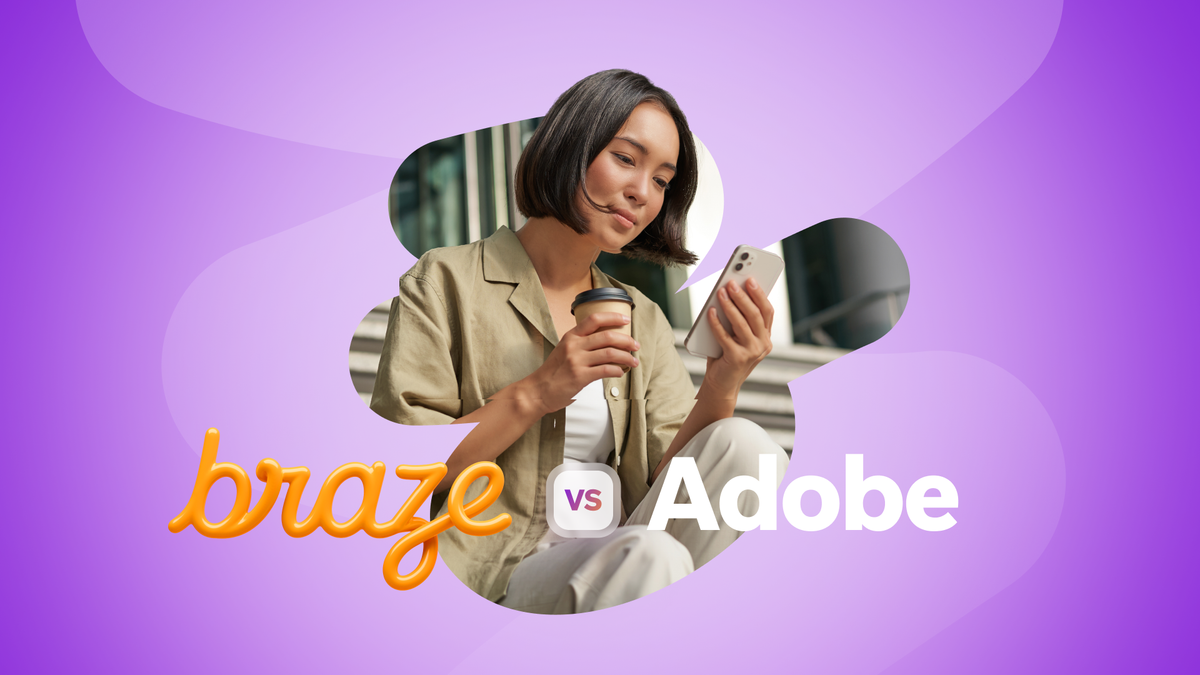
Braze vs Adobe: Which customer engagement platform is right for your brand?

Team Braze
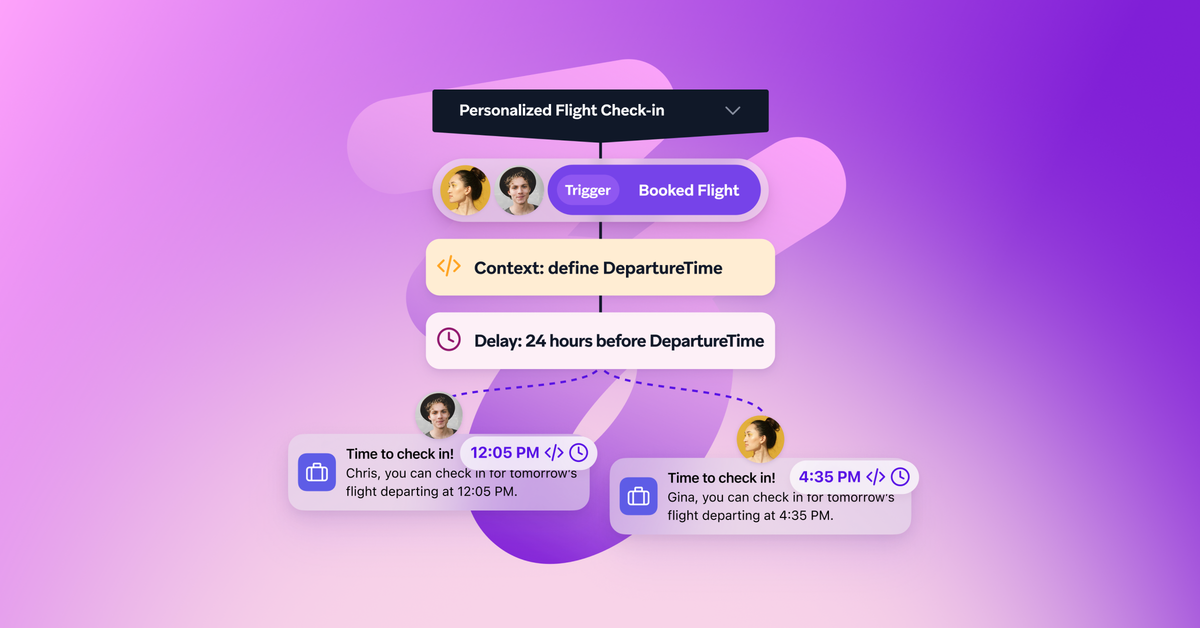
Every journey needs the right (Canvas) Context
